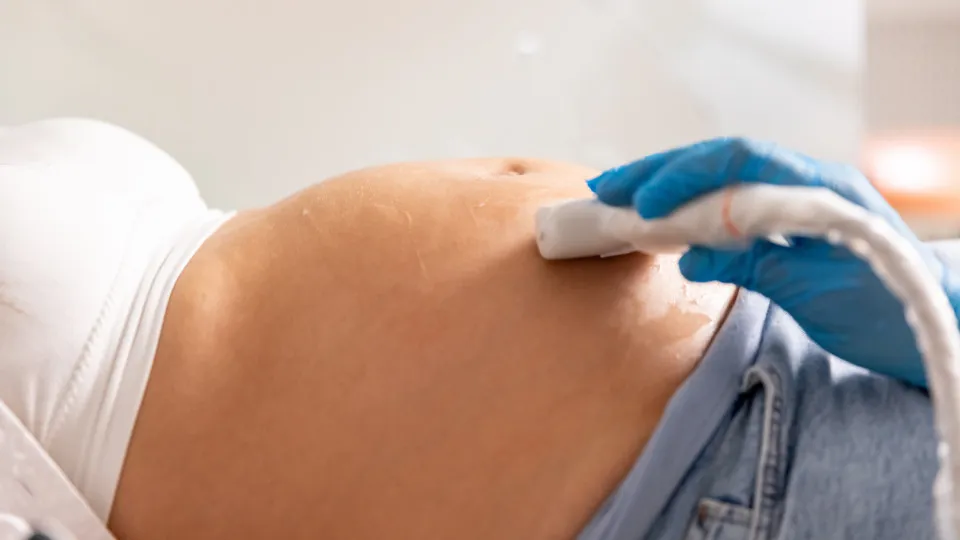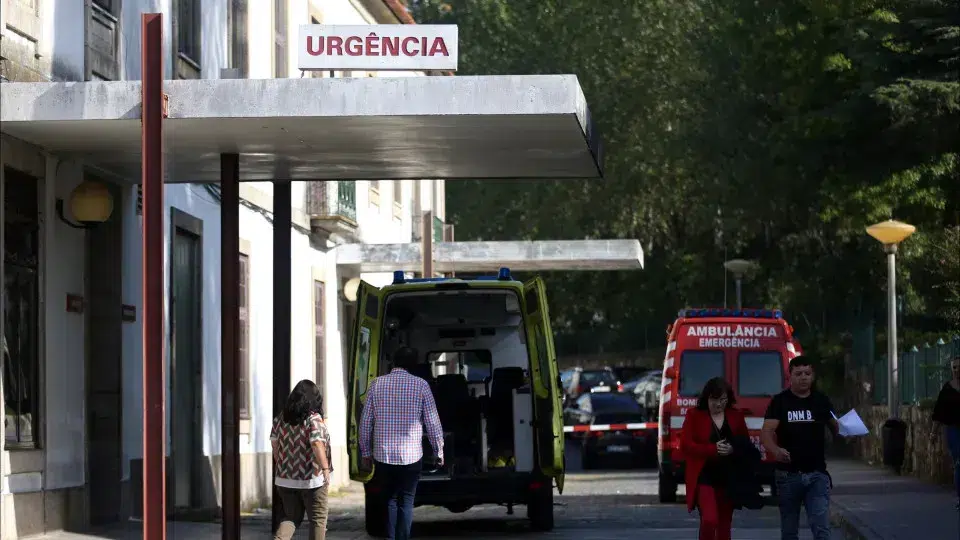
An error by an anesthetist at the Local Health Unit (ULS) of Póvoa de Varzim/Vila do Conde resulted in a newborn requiring resuscitation immediately after birth.
This incident came to light through a resolution by the Health Regulatory Entity (ERS), following a complaint by the child’s father after the incident in December 2023.
“I will describe everything that happened from the beginning, leading us to assert that there was a serious error by one of the health professionals, which could have had fatal consequences,” the complainant began. “We have several indications that there was medical negligence on someone’s part,” he added.
The father explained that his wife was experiencing some difficulties during labor, prompting the doctor to suggest a cesarean section “for the baby’s safety.”
“She said we should decide as there was no urgency and we could still think (the baby was fine),” he recounted. “We opted for the cesarean, and I, the father, was told I could accompany the operation.”
Preparations followed, with the obstetric team requesting the presence of necessary professionals in the operating room, while the husband changed to accompany his wife.
“I escorted my wife with the obstetrics team to the entrance of the operating block and was told to wait at the entrance chairs until called,” he detailed, expressing indignation over a conversation that ensued among the present professionals.
In front of the woman, lying down and about to give birth, they began debating whether the patient should be catheterized, that is, if a tube should be inserted into the urethra to the bladder to allow it to empty.
“Incomprehensible things and, most seriously: the patient lying on the trolley, already stressed due to the operation and the baby. It was a total lack of respect,” the husband remarked.
The moment passed, and the pregnant woman entered the operating room. Minutes later, the father was called in. Inside, his wife “was already cut open” – the ward was in chaos.
Suddenly, a health professional entered the room asking, “Where is the pediatrician?”, “call the pediatrician right away”, “don’t you know you can’t start the operation without the pediatrician?”
“Immediately remove the husband from the room; he can no longer be present!”
“In short: I was expelled from the block not knowing what was happening,” the father summarized, stating he received no information about the unfolding events. “My nerves were at their peak, almost breaking down.”
Then, “I heard someone making a call urgently requesting an incubator – and there I was, alone, without any support. I saw the incubator being taken into the block and asked the assistant again, who told me to wait, that my son would be taken to neonatology with the pediatrician’s accompaniment, and that I would accompany them.”
“He left the block in the incubator with two nurses and the pediatrician (perhaps the one who should have been present in the block?). I immediately asked her if everything was alright, to which she replied: ‘No, it isn’t. Your son had to be resuscitated.’”
The father did not describe his feelings at that moment, leaving it to the imagination of those reading the complaint: “Imagine my state.”
Finally, he highlighted “an important note”: his wife “recalls a detail that might help. At the time when information was being passed by the obstetrics team to the operating block, she realized that the anesthetist applied the anesthesia right there in the corridor, and someone questioned that detail.”
“To speed things up,” the professional allegedly responded. And here, the error occurred.
Medication should only be administered after delivery
Medical reports describe the administration of 20 IU (international units, used for substance quantification) of direct intravenous Oxytocin, resulting in consequent hypertonia. The medication itself was not incorrect—it indeed should have been given to the patient—but only after childbirth.
“However, this lapse was quickly identified by the nurse anesthetist and the doctor herself,” assures the ULS in question, in response to the complainant, admitting the error.
In the same note, the ULS also assures that “the pediatrician was present from the start of the cesarean, and the newborn was properly resuscitated and stabilized, without any failures at that level.”
“The information about the clinical situation might have been misinterpreted in the emotional context,” the unit claims further.
Regarding the catheterization discussion, the ULS guarantees that it was “a normal conversation between colleagues, civilized and urban, without excess of language or tone.”
“It is, however, likely, and even acceptable, that for you and the parturient herself, due to your anxious state, you interpreted this moment as if it were a discussion,” it points out, admitting that “conversations about technical aspects that can generate stress and anxiety for patients should be avoided, as evidenced in this case.”
In the end, the unit concluded that “no signs of negligence or malpractice by the professionals were identified,” however “apologizing” for the lapses that occurred.
ERS points out failures in medication administration
The couple was likely unsatisfied with the ULS clarification, hence the complaint reached the ERS. After questioning the health unit, the entity concluded that there was “a failure in medication preparation.”
“The medical professional who administered the medication did not meet the detailed safety procedures,” one of which ensures “the user’s safety throughout the medication management process must always be confirmed by all involved professionals unequivocally: the identification of the user (name and date of birth); the name of the medication; the dose, route, and time/frequency of administration.”
Additionally, the ERS states that “the administration of drugs must be signed by the person administering them, in this case, neither of the two professionals did so,” indicating another failure in the process, which led to a newborn needing resuscitation immediately after birth.




